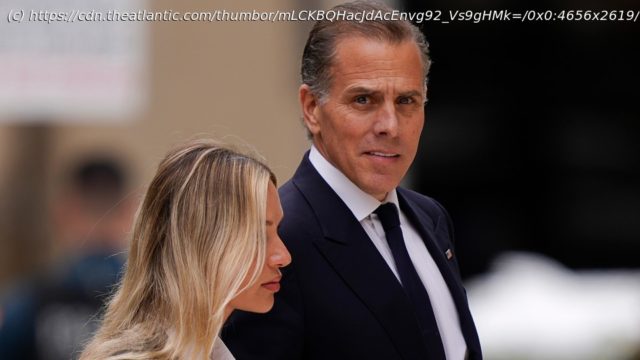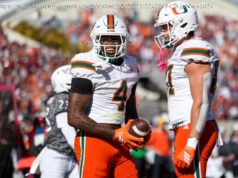The case is a personal and family tragedy, but it is also a demonstration of the strength of rule of law.
The federal case against Hunter Biden was not, ultimately, a particularly complicated one. Prosecutors said that he’d lied about his drug use when filling out a form to buy a gun. The evidence backed up the claim. And a jury took less than a full day to deliberate before returning a verdict of guilty on three felonies.
The Hunter Biden case is a personal and family tragedy, but like the recent felony conviction of Donald Trump, it is also a demonstration of the strength of rule of law. One test of the American justice system is that a former president can be tried and convicted. A second is that the son of a sitting president can be tried and convicted without political interference.
The cases against Trump and Hunter Biden have a couple major similarities, as it happens. Critics of both saw the decision by prosecutors to bring charges as politically motivated. As I wrote after the Trump verdict, it’s reasonable to believe that politics were at play—Manhattan District Attorney Alvin Bragg is an elected official in a Trump-skeptical jurisdiction—but wrong to conclude that this negates the case.
Similarly, Hunter Biden might well not have faced any charges at all if he were not the son of the president. Trey Gowdy, a former federal prosecutor and Republican member of Congress, recently argued on Fox News that the case was dubious and wouldn’t have been brought “if this were Hunter Jones or Hunter Smith.






